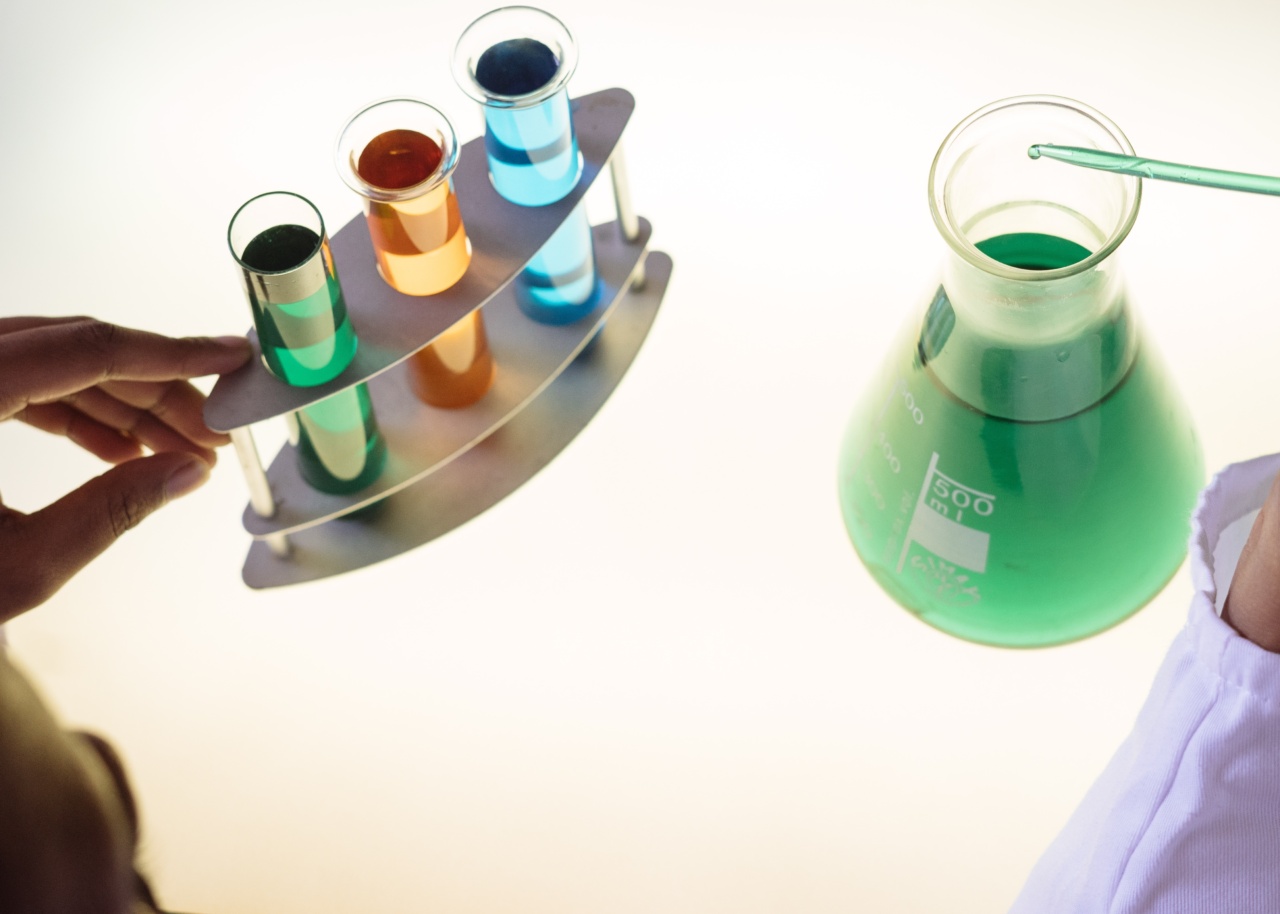Prostate cancer is a prevalent form of cancer that affects men worldwide. According to the American Cancer Society, it is estimated that about 1 in every 9 men will be diagnosed with prostate cancer during their lifetime.
As researchers delve deeper into the causes of this malignancy, they have identified a specific substance that appears to have a direct link to prostate cancer development and progression.
The Substance Under Investigation
The substance in question is known as dihydrotestosterone (DHT). DHT is a hormone that is derived from testosterone, and it plays a crucial role in the development and maintenance of male sexual characteristics.
However, an excessive amount of DHT can lead to a myriad of health issues, including an increased risk of prostate cancer.
Understanding the Link
Scientists have found that high levels of DHT in the prostate can stimulate the growth of cancer cells. This hormone binds to certain receptors on the prostate cells, causing them to divide and multiply rapidly.
Additionally, DHT also inhibits apoptosis, which is the programmed cell death that helps regulate the growth and turnover of cells. As a result, cancer cells can accumulate, leading to the formation of prostate tumors.
Evidence from Epidemiological Studies
Epidemiological studies have provided valuable insights into the link between DHT and prostate cancer. These studies involve analyzing large populations to identify patterns and associations.
Researchers have observed that individuals with higher levels of DHT in their blood samples are more likely to develop prostate cancer. Moreover, these studies have indicated that prostate cancer progression and aggressiveness are often associated with increased DHT levels.
Genetic Factors and DHT
Genetics also play a role in the association between DHT and prostate cancer. Researchers have identified specific genetic variations that dictate the expression of enzymes involved in the conversion of testosterone to DHT.
Certain variations in these genes can lead to increased DHT production or reduced breakdown, resulting in higher levels of DHT in the prostate. These genetic factors further contribute to an individual’s susceptibility to prostate cancer.
Role of Lifestyle and Environment
While genetics and hormones play a significant role in prostate cancer development, various lifestyle and environmental factors also influence the link between DHT and this malignancy.
Obesity, for instance, is associated with higher DHT levels, and it has been shown to increase the risk of aggressive prostate cancer.
Additionally, exposure to certain environmental toxins and chemicals can disrupt hormonal balance, including the regulation of DHT, further promoting prostate cancer development.
Management and Treatment
As the link between DHT and prostate cancer becomes more evident, researchers are exploring potential strategies to target this hormone for therapeutic interventions. One approach involves the use of medications known as 5-alpha-reductase inhibitors, which hinder the conversion of testosterone to DHT. By reducing DHT levels, these drugs aim to slow down the growth and progression of prostate cancer.
However, further studies are needed to determine the long-term effectiveness and potential side effects of these medications.
Conclusion
The identification of the link between DHT and prostate cancer provides crucial insights into the molecular mechanisms underlying this prevalent disease.
While more research is required, this discovery opens up avenues for the development of targeted therapies that aim to regulate DHT levels in individuals at risk of developing or affected by prostate cancer. With continued advancements in understanding this link, it is hoped that improved treatment options and preventive measures can be developed to combat this form of cancer effectively.



























